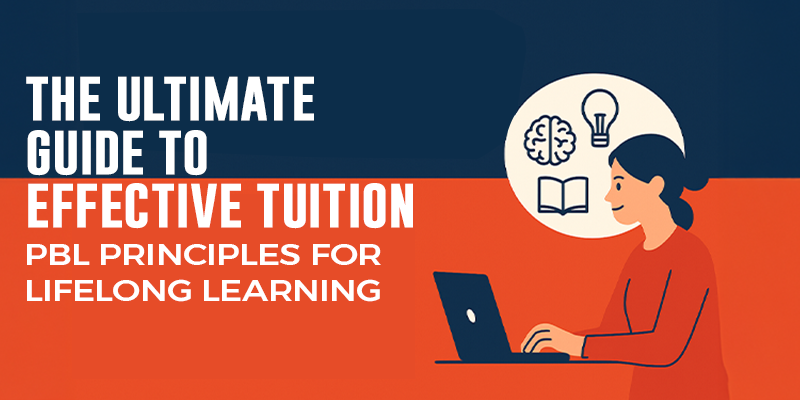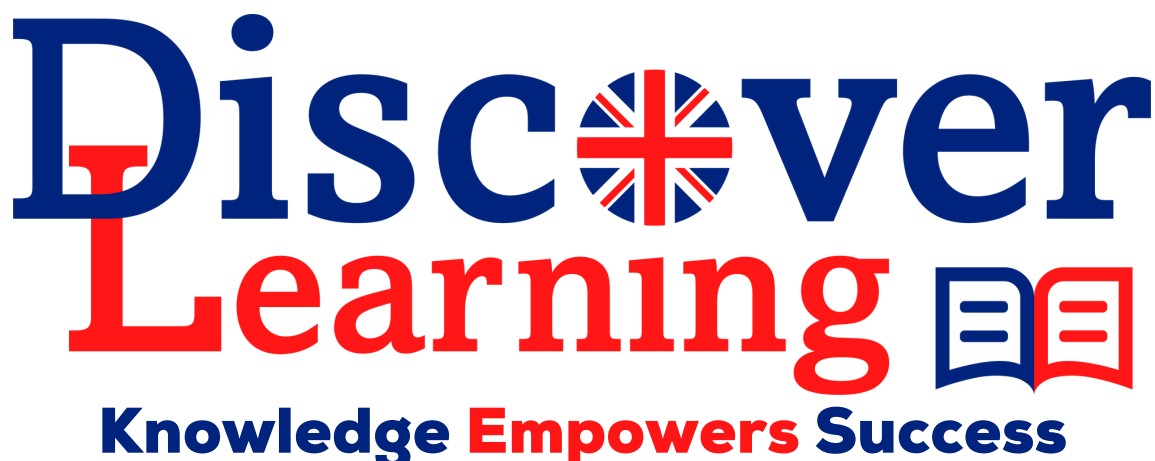
In a rapidly evolving world, effective tuition must equip students with more than subject knowledge—it should cultivate the skills and mindset for lifelong learning. Problem‑Based Learning (PBL) provides a proven set of principles that transform tutoring and tuition into holistic, student-centered experiences. This guide outlines the five core PBL principles that guide Discover Learning’s approach, ensuring our tuition services deliver both academic excellence and enduring competencies.
PBL Principle 1: Student Orientation to the Problem
Effective PBL begins by presenting learners with a well-crafted problem that clearly states the challenge, context, and learning objectives. This orientation phase:
- Establishes relevance by linking content to real-world scenarios (e.g., calculating the carbon footprint of school operations).
- Sets explicit goals, focusing student attention on both process and product.
- Sparks curiosity and intrinsic motivation, preparing learners for sustained engagement.
PBL Principle 2: Structured Collaboration
Collaboration is at the heart of PBL. By organizing students into small, diverse teams with rotating roles (researcher, presenter, analyst), tutors foster:
- Peer support and knowledge sharing.
- Development of communication and conflict-resolution skills.
- Accountability through shared responsibilities.
PBL Principle 3: Facilitated Inquiry
Tutors act as facilitators rather than lecturers, guiding student inquiry by:
- Posing open-ended questions to deepen understanding.
- Providing scaffolded resources—research articles, datasets, and digital tools.
- Monitoring progress and offering targeted prompts, ensuring students remain on track without dictating solutions.
PBL Principle 4: Artifact Development
Creating tangible artifacts—reports, models, or digital simulations—serves multiple purposes:
- Reinforces learning through the act of creation.
- Develops presentation and technical skills.
- Provides concrete evidence for assessment and reflection.
PBL Principle 5: Reflective Evaluation
Reflection consolidates learning. Through structured debriefs and self-assessment checklists, students:
- Analyze problem-solving processes and outcomes.
- Identify personal strengths and areas for growth.
- Set goals for future learning endeavors.
By embedding these principles in every session, Discover Learning’s tuition services ensure students develop both academic mastery and lifelong learning competencies.

